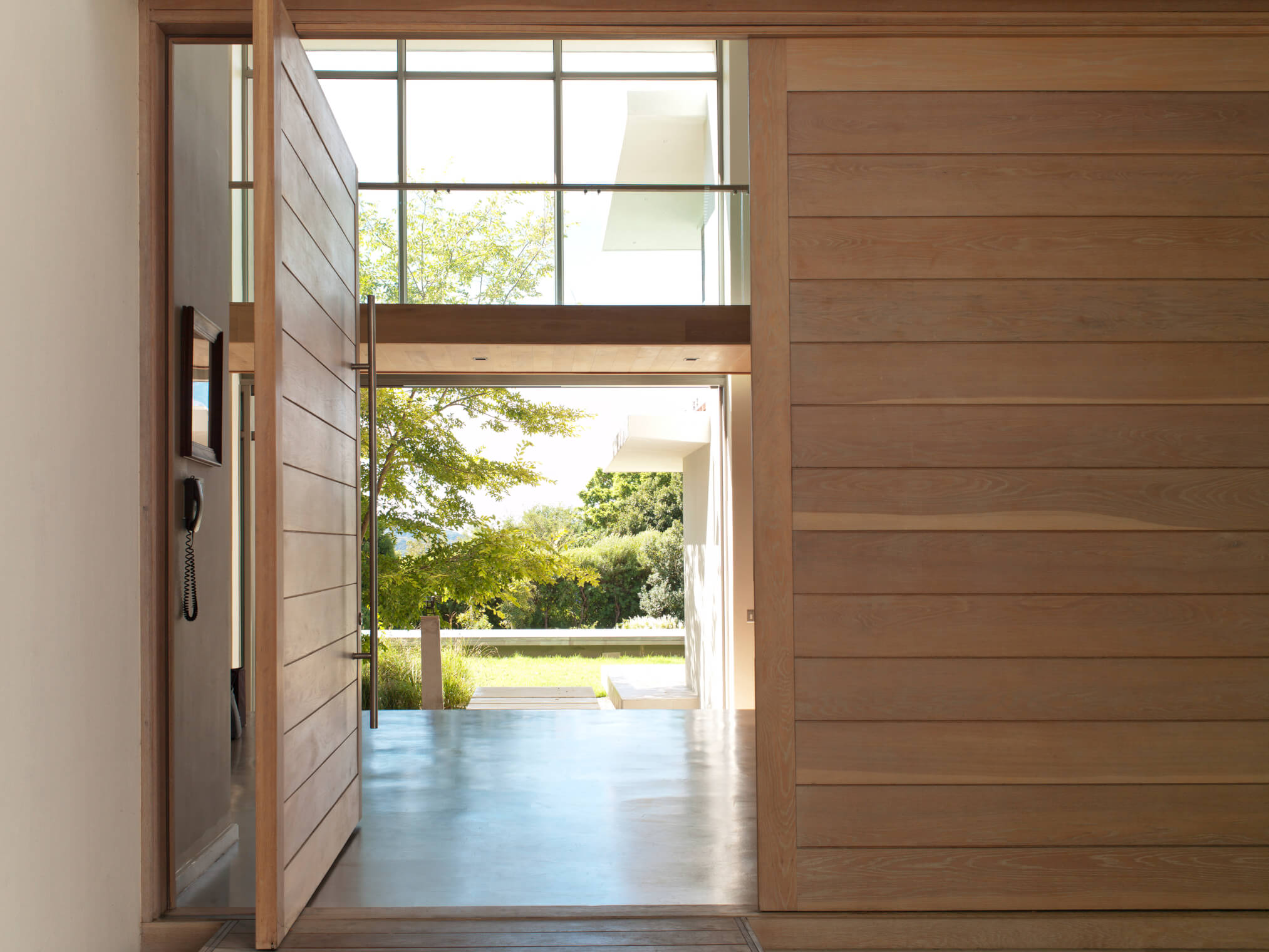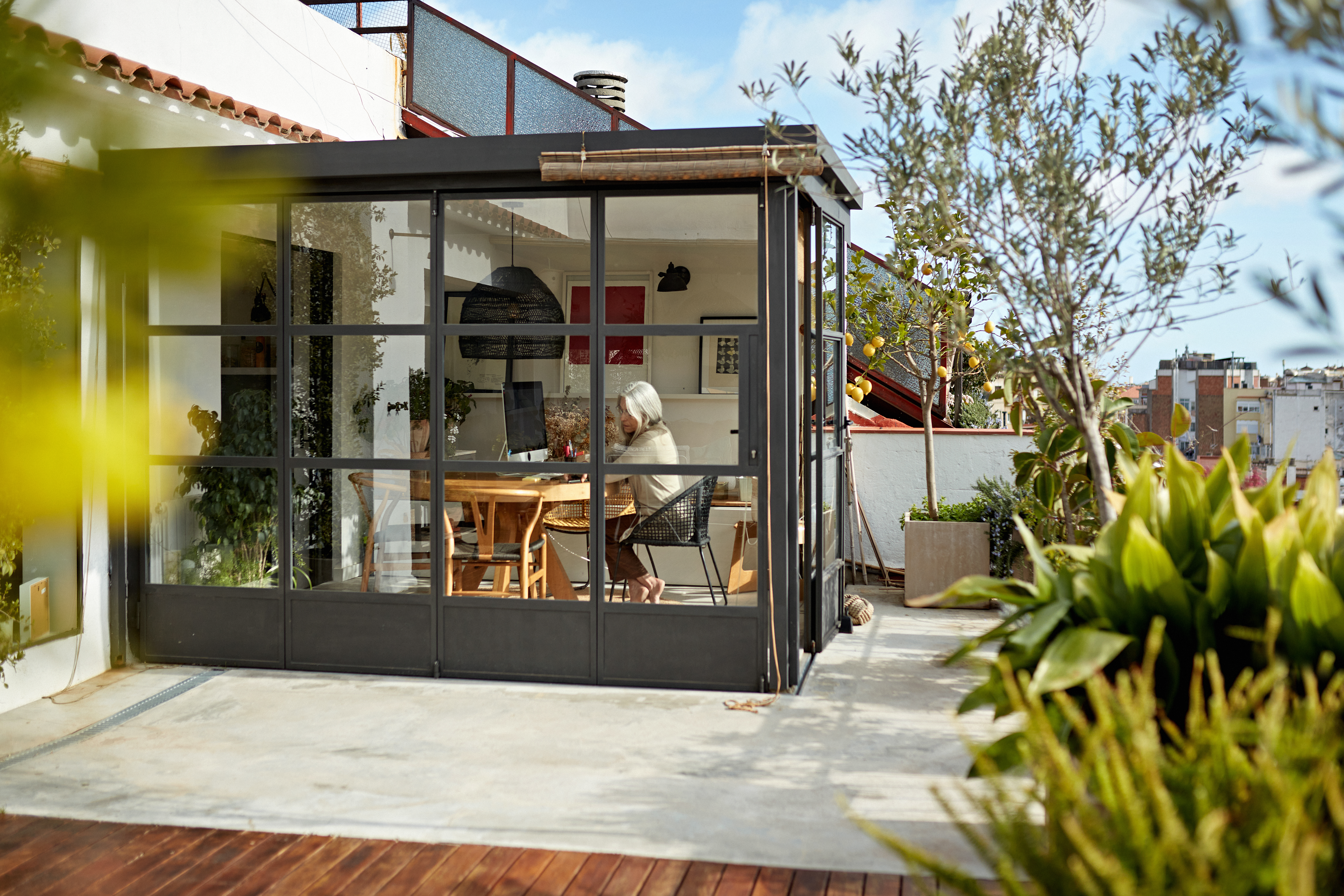What Realtors Need to Know About PACE Financing

Property assessed clean energy financing, more commonly known as PACE financing, is a consumer-friendly option offering set terms and low fixed payments. With no down payment required, PACE enables homeowners to pay for their energy efficiency, renewable energy, water conservation and storm preparedness upgrades over time as part of their annual property taxes.
Depending on the upgrade, a property owner may choose terms up to 20 or even 30 years – resulting in a modest surcharge each time they pay their property taxes. They can also finance up to 100% of their eligible improvement. It sounds straightforward, and it is, but PACE programs are still relatively new, and many people are unaware that the option exists – let alone how it works.
A basic knowledge of PACE financing can help realtors advise home buyers and home sellers about the benefits and conditions of this revolutionary financing option.
Here is a primer on what realtors need to know about PACE.
A PACE Financing Stays With the Property, Not the Owner
Homeowners who use PACE financing to make efficiency improvements to their home – in the form of solar panels, insulation, drip irrigation, Energy Star appliances, and so on – can apply to be part of this unique program, providing it is approved by their local government. However, it is important for a homeowner to understand that he or she is applying for the financing for their house, not for themselves. What this means is that the payments, because they are made through property taxes, stay with the house even if the owner sells it.
Buyers who purchase a home with a PACE-financed upgrade should be aware that they will be responsible for any remaining payments. However, they should also know that because of the way PACE programs are set up, the payments are spread out over time, and are often minimal. Since this financing is reserved for those who are committed to a more energy efficient home, the new homeowner can reap the benefits of the upgrade in the form of lower energy or water bills each month.
Homeowners Can Increase the Value of Their Home With PACE
On the other side of the coin are individuals selling their home and want to receive the highest possible price. Yes, a fresh coat of paint, a resurfaced driveway, and other cosmetic changes may help, but would-be sellers can also opt to add genuine value to their property by making an energy-efficient upgrade. Installing solar panels, low-flow plumbing fixtures, LED lighting, or insulation can make the month-to-month costs of owning that particular home much lower for the next residents.
According to the U.S. Department of Housing and Urban Development, for every $1,000 saved in energy costs after the installation of solar panels, a house's value rises by $20,000. This is just one example, but it shows how lower energy costs can translate into a higher sales price.
PACE Financing Is Not Just for Major Projects
Major upgrades like adding solar panels or installing a more efficient heating and cooling system often cost tens of thousands of dollars. PACE can make these improvements affordable for more homeowners, but the programs are not limited to five-figure upgrades. Projects such as changing windows and insulation could also qualify for financing.
Sellers who want to make minimal changes to their property could consider shorter-term PACE financing so that they can pay for the project in five or 10 years (depending on the type of upgrade). Owners of a modest “starter house” who want to make their property more attractive to potential buyers can use PACE programs to make basic improvements that could help add to the profit when they eventually decide to sell.
PACE Financing Can Help Buyers and Sellers Alike
Buyers can also take advantage of PACE options. If the water heater or windows are not up to par, but the rest of the house is attractive, a realtor can recommend applying for PACE financing after the buyer purchases a home. That way the new owner can fund the upgrades themselves without having to pay cash out of pocket. This situation is also beneficial for the seller. Any perceived drawback, such as an old water heater or drafty windows, does not become a deal breaker to potential buyers (or for their real estate agents).
PACE Financing Is Not Available Everywhere
Unfortunately, PACE financing is not yet available everywhere; states and municipalities must opt-in to the program. A number of states are just starting to recognize the advantages of PACE in terms of lowering pollution and reducing strain on the energy infrastructure. Many states have programs “under development” or “pending.” In order to set up PACE financing, local authorities have to issue bonds and have a system set up to pay for administration (which is usually funded by interest payments). Realtors should be aware of whether or not cities in their area offer PACE financing. It is no use suggesting an efficiency upgrade funded by PACE if the program is not yet offered.
Realtors Should Do Their Research
Any property with a PACE lien attached to it should include this information in a public record at the local tax assessor’s office or the county records department (or whatever similar public office is located in that area). Or, if there are obvious efficiency upgrades to a home and PACE financing is available in the area, the realtor can ask the seller if they used PACE to pay for the improvements. This knowledge will help safeguard a home buyer (the realtor’s client) from an unexpectedly high tax payment.
Disclosure Is Always the Best Policy
For realtors representing sellers, it is best to disclose the existence of a PACE lien and then use the upgrades as a selling point rather than a drawback. Many times, an upgrade results in energy savings (throughout its useful lifespan) that will save a homeowner more money that the initial cost of the project. Realtors should be familiar with PACE – including all of positive aspects and conditions – so that they can recommend this innovative financing to their clients.
Find out if PACE financing is available in your area – call Ygrene at (855) 901-3999 or email us: info@ygreneworks.com.




